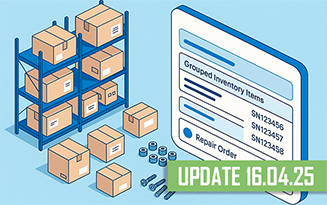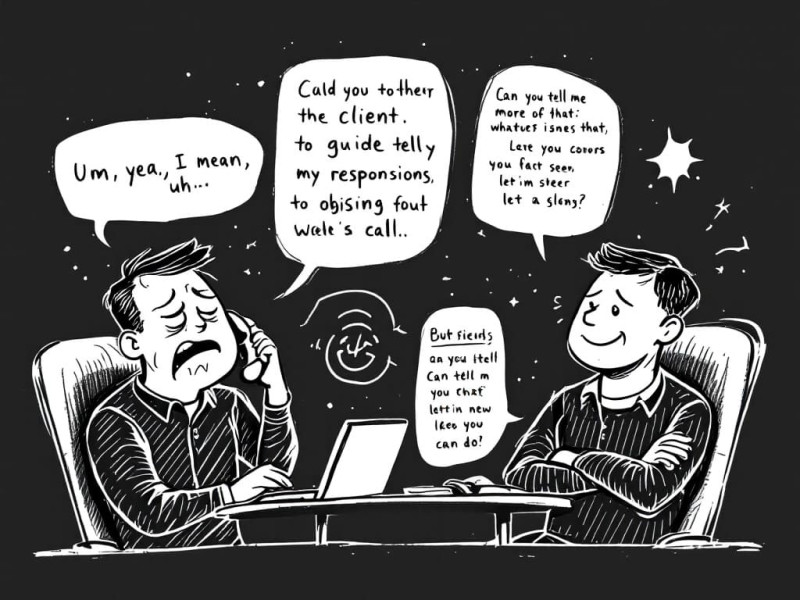The work bylaws and rules will help you maintain a pleasant environment in which your employees will work effectively. It will also benefit you as an employer because employees are generally more productive when they are happy with their conditions.
Work rules improve working life by:
- Creating an atmosphere in which employees are treated with dignity and respect.
- Ensuring the professional growth and safety of employees.
- Encouraging open communication between you and your employees.
Ensuring fair treatment of all employees and adherence to uniform rules.

However, since the relationship between work rules and the work environment is important, if the rules are unreasonable, inappropriate or unfulfilled, the rules can actually undermine employee morale.
How to choose a suitable and reasonable work charters?
The behavior of each employee should be governed by some basic work rules, so the specific bylaws that you choose should be appropriate and reasonable for the activities of your employees.
For example: if your business involves physical labor outside in cold weather, or if your employees are not in contact with the public or customers, dress code rules will be clearly inappropriate. Likewise, if the success of your business does not depend on trade secrets and confidential information, you may not need a non-competition or non-disclosure policy.
When thinking about creating specific rules and regulations, ask yourself the following questions:
- Are these instructions really necessary given the work my employees are doing?
- Are these principles overly restrictive in terms of working conditions?
- Do these rules have a compelling commercial justification?
- In what situations might these statutes be used?
- Have there been situations in the past where these rules would be applicable and useful?
- Am I prepared to enforce these standards?
- What documentation is required to administer and enforce working rules?
- What will be the consequences for someone who violates these statutes?
- Do other businesses or colleagues have similar rules?
- What do they think of them?
- Are they helpful or burdensome?
Avoid overly strict work rules
Overly strict work rules mean nothing but trouble. Not only do they create unnecessary difficulties for employees, but they make you unreasonable and indifferent to the feelings and needs of your employees. Once you have certain principles, you should explain to any employee who inquires the reason for using them. The reasons should be clearly related to the employee's activities, and you should not impose personal opinions or beliefs on your coworkers in the form of work rules.
Break the process of writing rules and regulations into separate steps, and start by defining your goals.
Target
While you can take different approaches to writing work rules, the main purpose of the bylaws is to clarify important information about the company to employees. The basic instruction covers the mission and goals of the company and provides general guidance on what is expected of employees and what employees can expect from the company.
Plan
Planning your charter helps organize your thoughts and identify the topics you want to cover. It also serves as a table of contents. Start by dividing your plan into sections such as standards of conduct, compensation, benefits, administration, legal policy, and others. If you want to cover some topics in detail, create subheadings for sections such as paid leave and health insurance in the Benefits section.

Information about the company
This section includes the mission statement of the company and is usually found at the beginning of the charter. Tell us about the goals of the company and the reasons for the working rules. Typical topics include company history, goals, values, and a statement of company commitment to employees.
Themes
Whether you will be drafting your charter using general sections or using subsections, it is best to present each topic with one or two sentences about the purpose of your rules. Also use additional paragraphs to detail specific principles.
Legal aid
When you're done writing your charter, ask your lawyer to revise it before distributing it to employees. A labor law lawyer can tell you if your regulations are in line with the Labor Code and make sure you are not inadvertently bound by obligations that you were not aware of when you wrote the charter.

.png)


